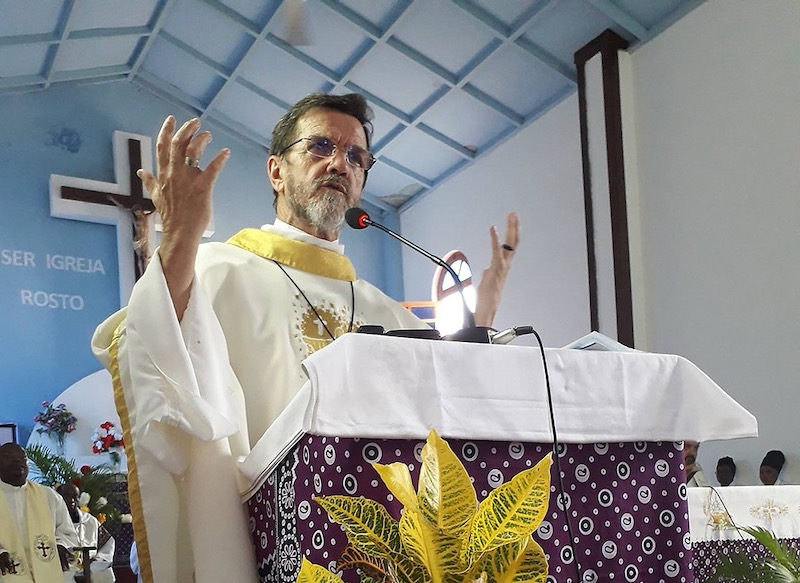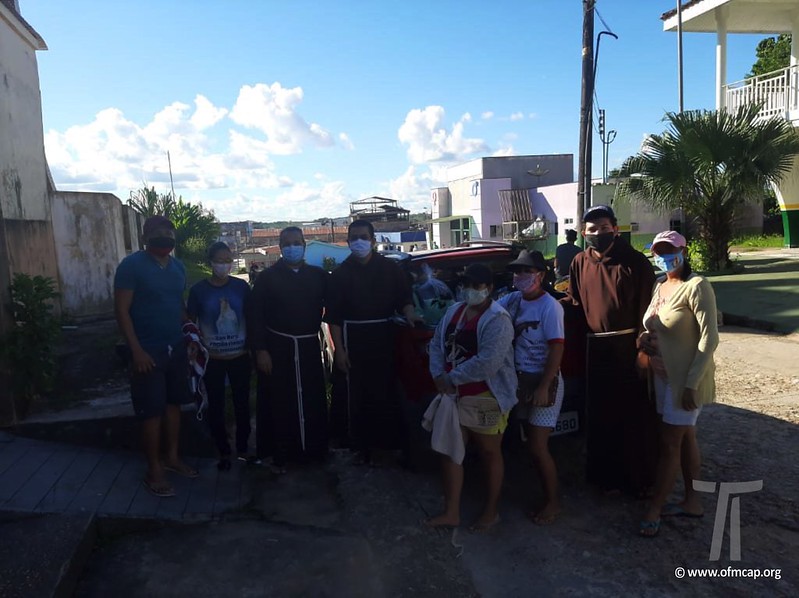While the city of Manaus, the capital of Amazonas state in northern Brazil, has become a symbol of the effects of Covid-19, especially with the shortage of oxygen, the Capuchins who work in Amazonas and in Brazil’s northernmost state, Roraima, which borders Venezuela and Guyana, have been working with the remoter communities.
In Manaus they have installed a mini oxygen plant and with the help of the Capuchins in Colombia have acquired individual oxygen accumulators for people who have not found places in the hospitals, where, they say, there are queues of over 500 people.
The St Sebastian Fraternity has been supplying food parcels, with hygiene materials and clothes for needy families in the centre and outskirts of Manaus. They are also using their radio and TV stations to provide accurate information about the pandemic and counselling.
Some of the younger Capuchins have been preparing food for health workers and serving it in hospitals because “in the current chaos and because of the collapse of the state health system, health professionals are also going hungry”.
At the St Damian monastery the Claretian sisters are giving poor people in the outskirts food parcels, medicines, hygienic supplies, medicinal herbs and seeds.
In Roraima there is an extremely serious migrant crisis that has been compounded by the pandemic. Many Venezuelans, often indigenous people, have crossed the border into Brazil. The Capuchins are providing them with food and helping them to get their documents in order.
In the community of Belém do Solimões, on the river Solimões, the Capuchins are providing bursaries to young indigenous people so that they don’t have to abandon their education, which is crucial to the economic future of their communities.
There are warnings of a third wave of the pandemic in Manaus, and concern about a variant of the virus detected in the city. But it is reported that 6 per cent of the population over age 18 has been vaccinated in Amazonas, which is one of the highest rates in Brazil.



 Loading ...
Loading ...